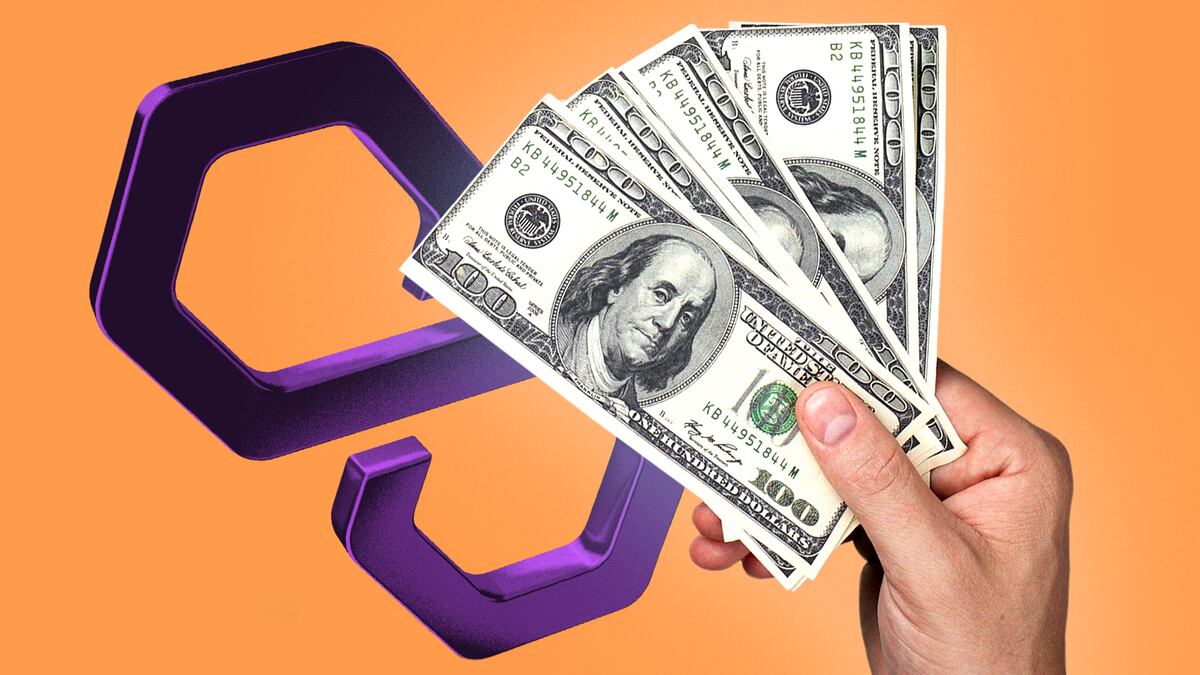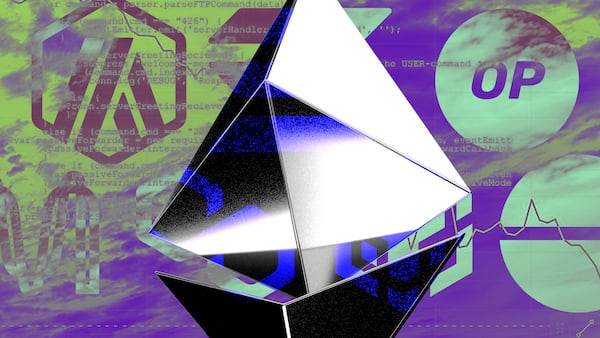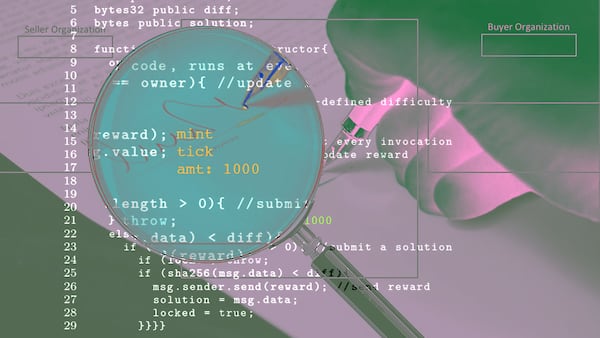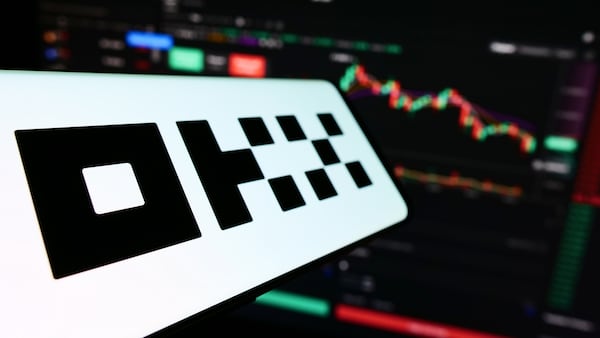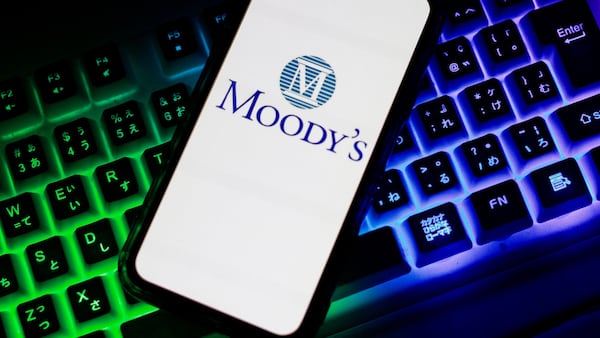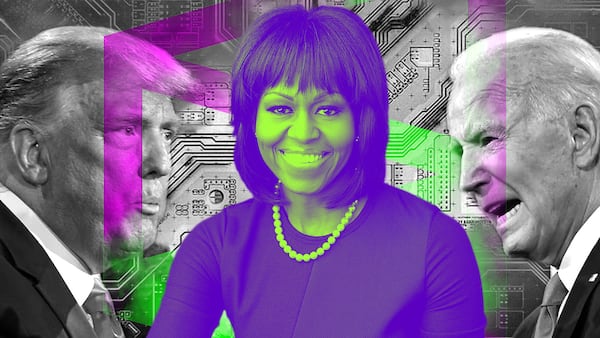- Polygon Labs has acqui-hired longtime collaborator Toposware.
- Both firms have been developing a new Type 1 Prover.
- Polygon says the Prover will make it easy for EVM networks to become ZK-based chains.
Polygon Labs announced another acquisition today, adding the tech firm Toposware’s 11-person team, intellectual property, and tech stack to its ranks.
In all, Polygon Labs has splashed $1 billion in zero-knowledge technology investments.
Zero-knowledge technology is a type of cryptographic proof system that can confirm the validity of blockchain transactions without revealing all of their details. It’s one of the ways to achieve scalability for layer 2 blockchains ― an area of interest for Polygon Labs and its family of networks.
The Toposware deal marks the third zero-knowledge technology-based team assimilated into Polygon Labs ― the company previously acquired Hermez and Mir in 2021.
Zero-knowledge technology competes against another piece of technology called optimistic rollups, but prominent blockchain figures such as Ethereum Vitalik Buterin favour ZK as the better solution because it is faster and cheaper.
“ZK is easier, not only from a development perspective but for users and user experience too,” a Polygon spokesperson told DL News.
Zero-knowledge scaling
The Toposware acquisition isn’t just a bet on zero-knowledge cryptography. It’s also a bet on scaling and allowing all blockchains to interact with one another.
That’s because an internet-sized blockchain ecosystem would likely require multiple chains, introducing another problem, fragmentation ― where information is siloed in different networks, and it isn’t trivial to migrate data across these chains.
Polygon Labs says it’s working towards interoperability ― what the industry calls networks that can interact with one another ― for ZK-based chains.
Part of this effort is to make it possible for any blockchain using the Ethereum Virtual Machine to become a layer 2 blockchain that uses zero-knowledge technology.
ZK-based technology isn’t easily compatible with EVM networks, which are popular among blockchain developers.
EVM blockchains are similar to Ethereum in that they run on the Ethereum Virtual Machine and use the same smart contract logic.
For an EVM chain to become a ZK-based network and connect to Ethereum, it requires a Type 1 Prover ― which convinces a blockchain that a transaction is valid.
Toposware and Polygon Labs have been developing such a Prover.
Osato Avan-Nomayo is our Nigeria-based DeFi correspondent. He covers DeFi and tech. To share tips or information about stories, please contact him at osato@dlnews.com.


